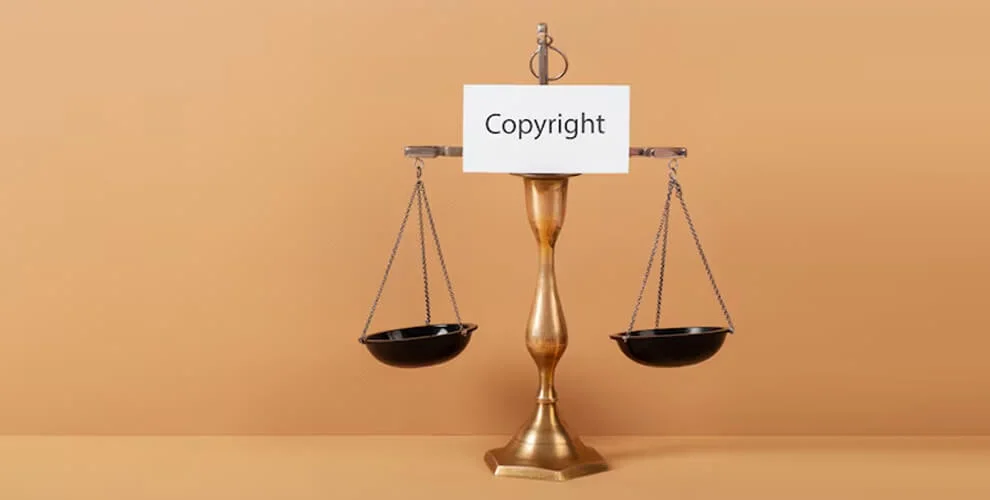Copyright protection is important for creators and businesses. It helps protect your original works like books, music, art, software, or videos. If someone uses your work without permission, it can harm your rights and income. In Nepal, knowing how to file a copyright complaint or dispute is essential.
Here’s a simple guide to protecting your copyrights in Nepal.

What is Copyright?
Copyright is a legal right that protects original works. It gives the creator the exclusive right to use, copy, and share their work. This applies to books, music, films, software, and more.
When to File a Copyright Complaint?
You may need to file a copyright complaint if:
- Someone is using your work without your permission.
- Your work is copied, shared, or published without your consent.
- Your content or brand is reproduced without authorization.
Steps to File a Copyright Complaint or Dispute in Nepal
1. Collect Evidence
Before filing a complaint, gather proof of copyright infringement. This can include:
- Copies of your original work
- Screenshots or URLs showing unauthorized use
- Your copyright registration certificate (if available)
2. Try Resolving Directly
Sometimes, contacting the person or company using your work can solve the issue. A formal notice may stop them from using it.
3. File a Complaint with the Department of Copyright
If direct resolution fails, you can file a complaint with the Copyright Registrar’s Office under the Ministry of Culture, Tourism, and Civil Aviation.
- Where to file: Department of Copyright Office, Kathmandu
- Required documents: Application form, proof of ownership, evidence of infringement
- Fee: As per government guidelines
4. Take Legal Action if Needed
If the issue is serious and not resolved, you may need to go to court. Consult a legal expert for guidance on filing a lawsuit for copyright infringement.
Tips to Protect Your Copyright in Nepal
- Seek professional help: Legal and company experts can guide you.
- Register your copyright: Registration strengthens your legal protection.
- Keep records: Save creation dates, ownership proof, and licenses.